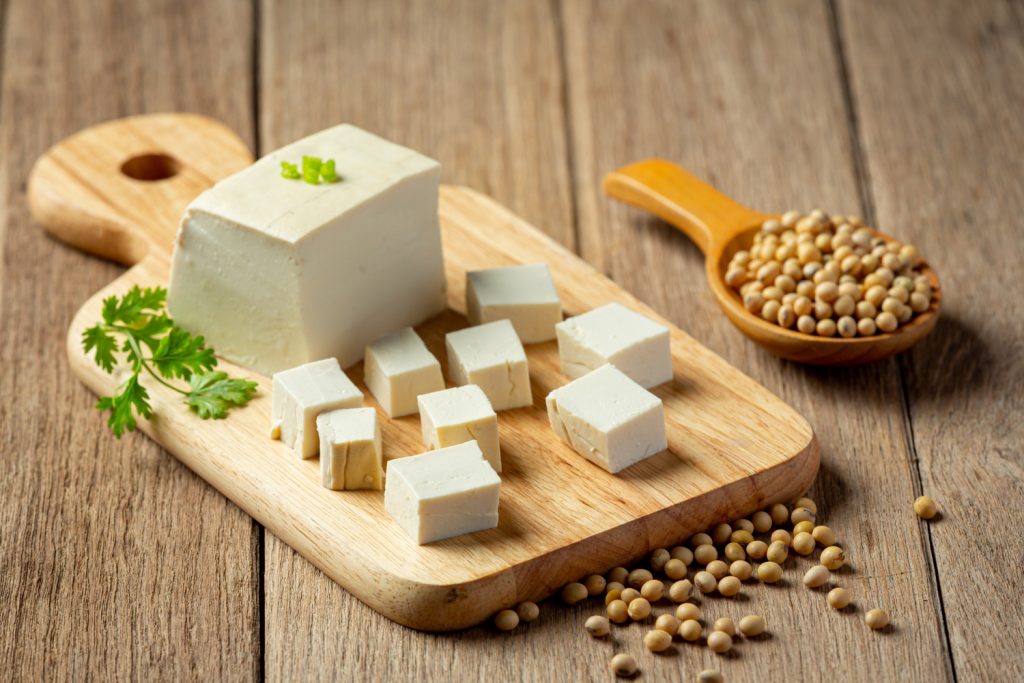
Amino acids are required to synthesize body protein to build muscles, transport nutrients and prevent illness. Our body depends on protein to function, but only after the proper amino acids are formed to create a chain and then folded into an appropriate shape. However, amino acids can’t be produced within the body and must come from specific proteins from natural or synthetic versions created in the lab.
Types of Amino Acids

There are 20 different types of amino acids responsible for the chemical properties of proteins. Some amino acids are essential for structural purposes, while others provide functional protein capabilities. For example, glycine is vital for stabilizing protein structures and helping to form secondary and tertiary structures. Alanine is also crucial for helping to form peptide bonds within proteins, which is why it’s often used in supplements to increase muscle growth.
We can divide these 20 amino acids into two categories based on their polarities: an acidic group (carbon-containing atom at the centre of an organic molecule) and a basic group (non-carbon-containing atom). There are nine acidic amino acids and nine basic amino acids. The remaining nine amino acids fall into a middle category where they have both acidic and basic characteristics.
Natural Source of Amino Acids
One of the many benefits of consuming amino acids from natural sources is that these supplements are typically more bioavailable, meaning they can be absorbed and utilized by the body more effectively.

Here are four of the best plant-based sources of essential amino acids:
- Tofu: Tofu is a versatile source of protein we can turn into creamy dips, smoothies, rice dishes, and even burgers. It’s also low in calories and cholesterol, making it a healthy option for those watching their weight.
- Quinoa: Quinoa is an excellent alternative to traditional grains like wheat and rice because it’s high in fibre and nutrients. One cup of quinoa has 12 grams of protein and 5 grams of fibre, which are essential for a healthy diet.
- Hemp seeds: Hemp seeds are one of the most well-liked plant-based sources of omega-3 fatty acids, which are crucial for a healthy heart and brain. They’re also high in zinc, copper, magnesium, phosphorus, calcium, potassium, and vitamin E
- Almonds are an excellent source of soluble and insoluble fibre; Due to their satiating qualities, this helps control blood sugar levels and keeps you feeling full for longer. In addition to protein (6 grams per almond), almonds contain vitamins B6 and E, as well as minerals
Synthetic Amino Acids
Synthetic amino acids are made in a laboratory by combining different building blocks. However, they are not produced naturally, so they are more expensive than natural amino acids.
The most common synthetic amino acid is called glycine. It is one of the 20 standard amino acids that are naturally occurring and can be found in foods like bread, cheese, and meat. Glycine is also used in medicine as a pain reliever, antidepressant, and anti-anxiety medication. The most common adverse effects of an overdose of synthetic amino acids are nausea, vomiting, and diarrhoea. Other side effects might include muscle spasms and seizures, and the risk of death is high if a person takes too much of this drug.
The following are some examples of synthetic amino acids created by laboratory scientists:
- Citrulline
- Ala-Ala
- Glycine
- Glutamic Acid
Tips For Muscle Builders
Branched-chain amino acids (BCAA) are bodybuilders’ most prevalent amino acids because they are the primary amino acids utilized in your muscle. There are three BCAA, namely, Leucine, Isoleucine and Valine. Out of this three, the most talked about is Leucine. Leucine improves blood sugar levels, glucose uptake and insulin response and, as a result, faster muscle building.
Test out this theory by consuming eggs, seeds and oats, which contain Leucine and see how much muscle you can build





















Add Comment